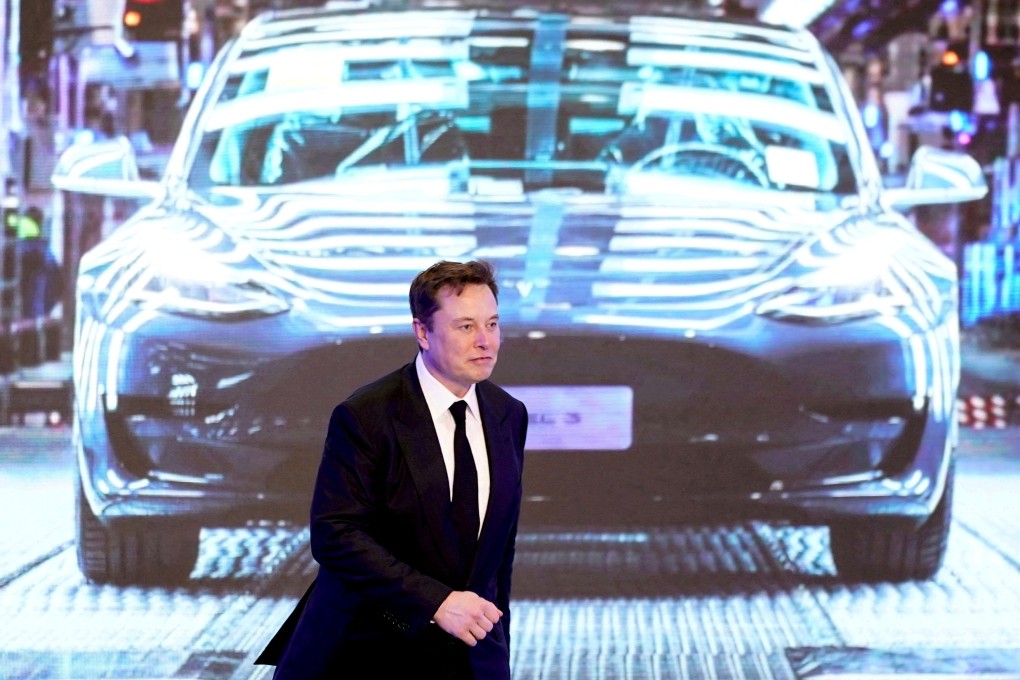Tesla Autopilot and other mainstream assisted driving systems far from reliable, Chinese study finds
- A state-owned car research facility tested vehicles from Tesla, BMW, NIO and others
- Some models were found to underperform in auto-parking and obstacle avoidance

Automated driving is still far from a reality in China, according to a new study of assisted driving systems of mainstream electric vehicles sold in the country, pouring cold water on a domestic investment frenzy in the technology.
A recent test conducted by Tianjin-based China Automotive Technology and Research Centre (CATRC), a state-owned car research facility, found that the average assisted-driving performance score of six popular EV models was 67.2 out of 100. Researchers concluded that “there is a long way to go” before these vehicles can reliably steer on their own.
The study covered the Tesla Model 3 and BMW iX3 – the only Western brands tested – as well as the NIO EC6, BYD Han EV, Xpeng P7, and Hozon Nezha U Pro.
The Xpeng P7 was the best overall performer with a score of 83.7, followed by the BYD Han EV at 80, and the BMW iX3 at 79.
The Tesla Model 3, whose Autopilot assisted driving feature requires constant input by the driver despite its name, was ranked fourth with a score of around 70 – just three points above average. The NIO EC6 came in last with a score of 21.8, but was found to perform better with the addition of the 39,000 yuan (US$6,130) NIO Pilot software.
Chinese Electric Cars' Smart Assisted Driving Technology Ranking
| EV maker | Model | Overall Score (%) |
| XPeng | P7 | 83.7 |
| BYD | Han EV | 80 |
| BMW | iX3 | 79 |
| Tesla | Model 3 | 70.8 |
| Hozon | U Pro | 67 |
| NIO | EC6 | 21.8 |
Average 67.2
Source: China Automotive Technology and Research Centre
Vehicles from NIO, Hozon, BMW and Tesla scored lower than average in auto-parking, while the Xpeng P7 was the only model receiving close to full marks in the area.